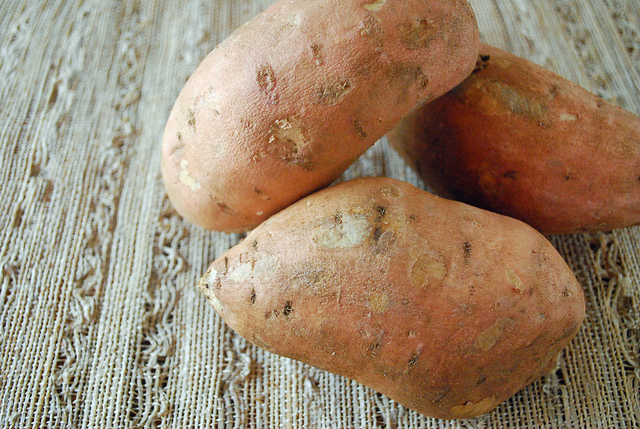The 2016 World Food Prize, often called the “Nobel prize for food and agriculture” was granted to the International Potato Center (CIP). CIP is a research center that successfully bred a variety of orange sweet potato that is rich in beta carotene. Beta carotene is a nutrient that our bodies use to produce vitamin A.
According to Robert Mwanga, head of CIP’s centre for research in Eastern and Central Africa who is responsible for the sweet potato studies, vitamin A deficiency is the main cause of malnutrition in large parts of the world. It is estimated that 250 million children suffer from vitamin A deficiency.
At the award ceremony, CIPs work with the sweet potato was highlighted as the single most successful example of vitamin and nutrient enrichment through plant breeding. The research has, throughout several decades, reduced malnutrition, prevented blindness and improved overall health. Above all, it is seen as an important step in combating “hidden hunger” which is a result of malnutrition.
Read the announcement in Swedish at Sida’s website
Sidastödd forskning om sötpotatis belönas med prestigefullt pris
